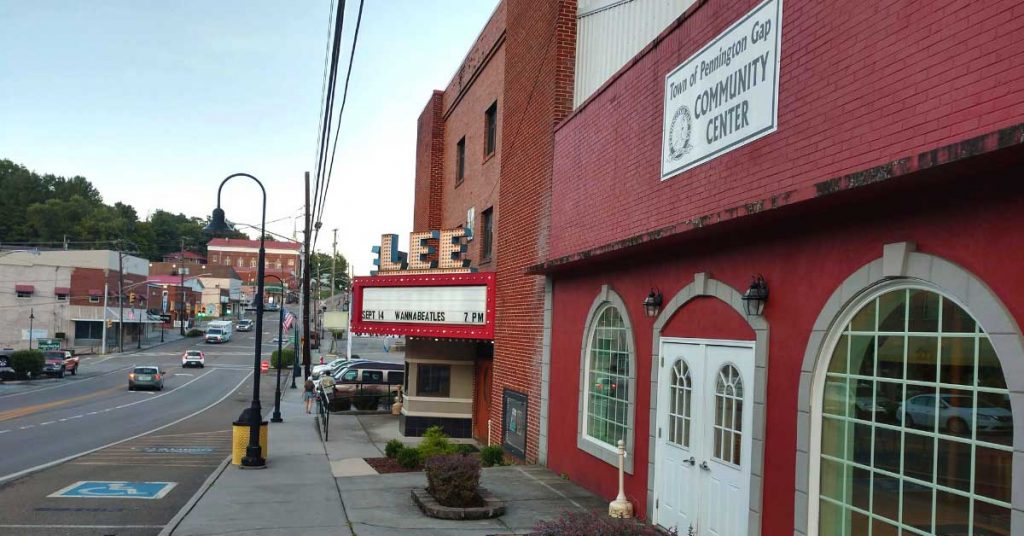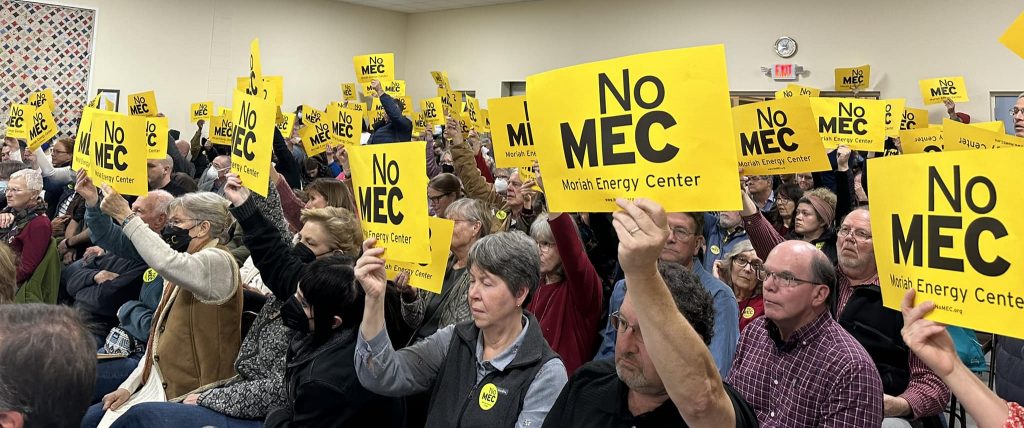By Kelsey Stratman
Jefferson County local Quenton King says that people weren’t really aware of what was coming until the day of the groundbreaking ceremony for the Rockwool plant on June 26, 2018.
The state of West Virginia and the local government in Jefferson had been working with the Netherlands-based Rockwool to smooth the way for the facility, securing permits to run a new natural gas pipeline into the region, build new sewage infrastructure and offer a five-year tax break for the company.
When citizens of Jefferson County found out about the plant, which would spin rock into material for industrial insulation and other uses, many banded together to oppose it.
Architect and Leadership in Energy and Environmental Design accredited professional Gavin Perry analyzed the potential environmental impacts of the plant for the group Concerned Citizens Against Rockwool – Ranson, WV. His report predicts that, among other concerns, the plant will emit roughly 471 tons of volatile organic compounds into the air annually.
In addition to concerns about the potential for toxic emissions, the plant’s proposed location is a little over 1,000 feet from an elementary school.The project could also lead to developers running a natural gas pipeline through the Boyd Carter Cemetery, an African-American cemetery thought also to include the graves of enslaved individuals.
There are Jefferson County residents who support the plant, some of whom formed the group Jefferson County Prosperity, but King reports that they are a minority. The Rockwool company claims “a consistent track record of safeguarding the safety, health, and wellbeing of citizens in the communities living by the 45 facilities where we already operate,” and they also say that the plant will create 150 new jobs in the region.
But according to Quenton King, many people who oppose Rockwool are motivated by the fact that “tourism is a big part of our industry for Jefferson County.” He cited the site’s proximity to recreation-friendly rivers as a concern, and says that the environmental and health-related downsides are not worth the potential jobs. Finally, he says that “people are unhappy that the government, the city council, was doing all this without really getting them involved.”
However, King points out one upside to this situation: “This is what you would call a sleepy community … this really woke people up,” he says.
One of those people is Quenton’s mother, Jennifer King, who runs an apiary about a mile and a half from the proposed plant location. She has been one of the most vocal detractors of the Rockwool plant and sits on the board of the Rural Agriculture Defenders. That group is one of five that has sprung up in Jefferson County since 2018 opposing the Rockwool plant on various grounds.
Another such group, Jefferson County Vision, has filed multiple lawsuits against local and state authorities related to the plant’s construction. On Aug. 13, a county judge dismissed a lawsuit brought by the group against the Jefferson County Development Authority for the facilitation of a “payment-in-lieu-of-taxes,” or PILOT, agreement designed to make Jefferson County attractive to Rockwool. In his ruling, however, Judge David Hammer called the agreement “defective on its face,” and noted that it is “not an enforceable agreement — it is merely a proposal.”
Jefferson County Vision applauded Hammer’s words.
“The judge made it clear that Rockwool PILOT does not bind our community to this project,” said Jefferson County Vision board member Shaun Amos in a statement. “With this ruling, all governmental bodies in Jefferson County are free to disregard PILOT and require that Rockwool pay their fair share of the taxes they owe to our community. This ruling is an important step towards restoring government accountability in Jefferson County.”
The group awaits a decision on a separate lawsuit against the city of Ranson for allegedly not publishing a required public notice before rezoning the site to allow heavy industry. Jefferson County Vision also recently filed a writ against the City of Charles Town, claiming that the city is breaking the law by not approving protest permits, according to a spokesperson with the group.
Although Jennifer King is not hopeful that the plant will be stopped, she says “now, we’ve got to switch our gears from prevention to protection.” The Rural Agriculture Defenders are looking to test air and water quality in the region before the plant’s potential negative impacts in order to establish baseline data. They hosted a symposium on air quality in April, and are planning to hold a similar event for water quality this December.
Editor’s Note: Aug. 16, 2019
This article appears only in the online version of the August/September 2019 issue of The Appalachian Voice, and includes information revealed after the print publication of the issue.
Related Articles
Latest News

Leave a comment
Your email address will not be published. Required fields are marked *




